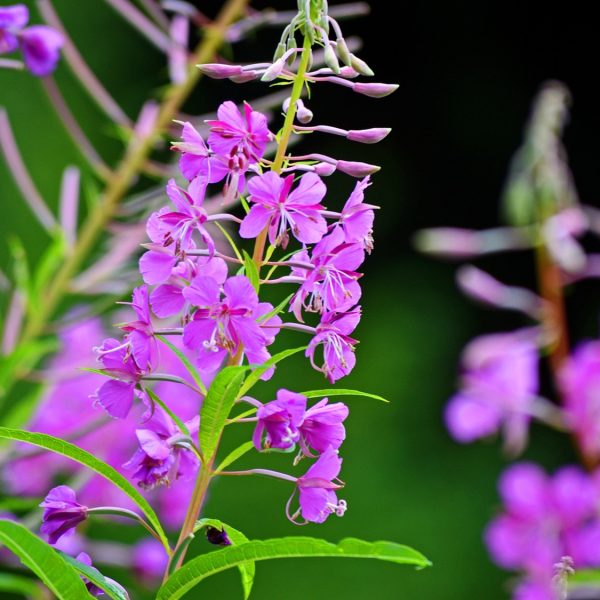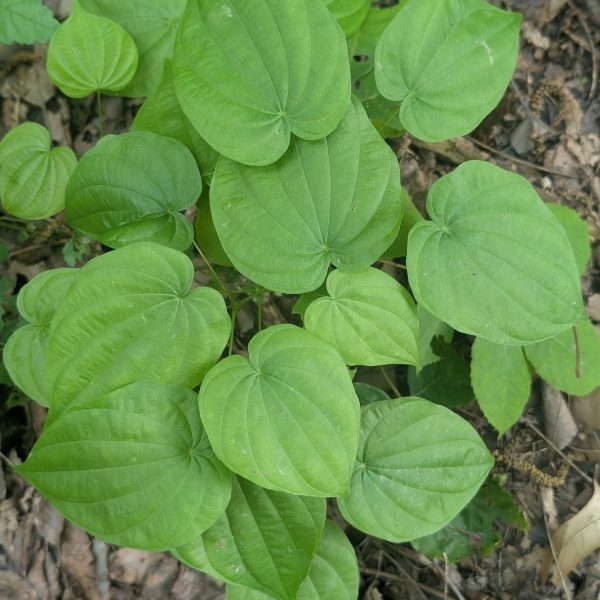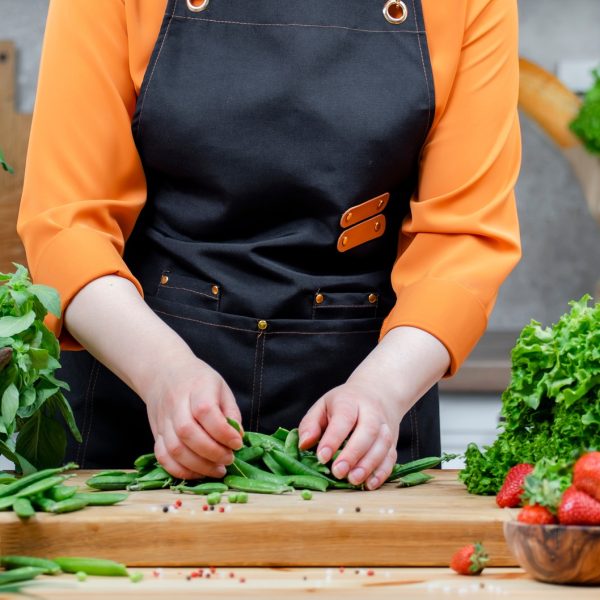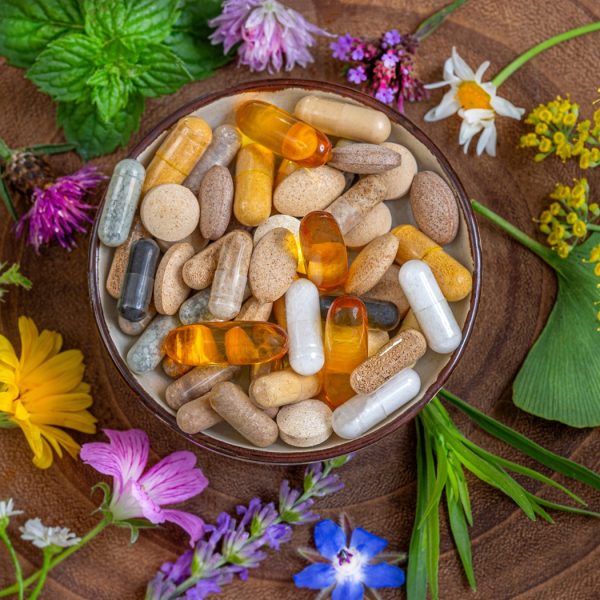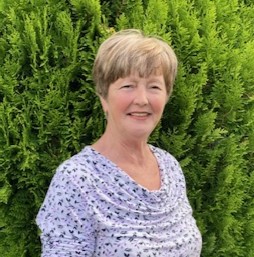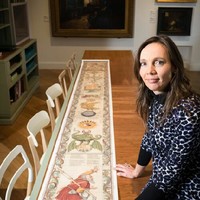The Herbal History Research Network connects herbalists, researchers and anyone interested in the history of herbalism, offering resources, seminars, workshops and more.
Many of the plants used in herbal medical practice today have a long history yet, surprisingly, there is a lack of historical research on how herbs were used in the past. The Herbal History Research Network (HHRN) was established for the purpose of connecting historical researchers, medical herbalists and others active in exploring the history of herbal medicine across time and space (see Figure 1).
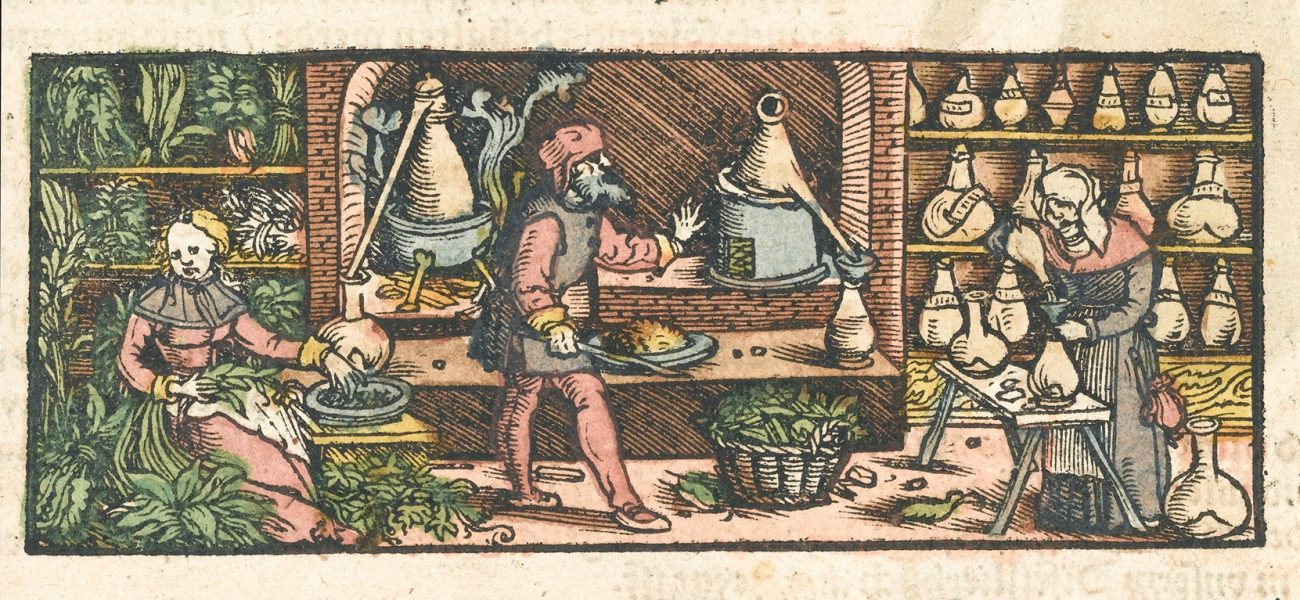
What does the Herbal History Research Network offer?
Founded in 2009 by a small group of professionally trained medical herbalists, the HHRN aims to promote further research through its blogs, seminars and study groups. It continues to be run today by a small voluntary group of medical herbalists and humanities researchers. In 2024 we celebrated our 15th anniversary, quite an achievement and we are looking ahead to the next decade. The group’s mission is to promote a scholarly approach to understanding historic herb uses and practices by bringing together interdisciplinary practices actively involved in using and applying herbal knowledge around the globe.
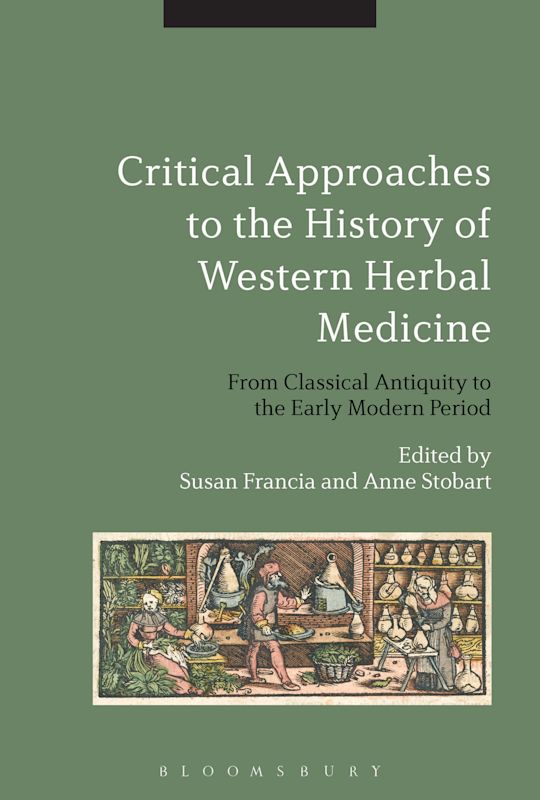
Published research
For the 5th anniversary of the network in 2014, founding members Anne Stobart and Susan Francia co-edited Critical Approaches to the History of Western Herbal Medicine (see Figure 2). The text is now freely available online via Bloomsbury Press and is an excellent starting point for anyone interested in researching herbal history.
In addition to this landmark publication, the group regularly publishes blogs authored by researchers from a variety of disciplines: Curator John Hunnex recently wrote about The Botanical Collections of the Natural History Museum and botanical artist, Christina Hart-Davis shared stories of painting her favourite herbs in the context of their history and traditional uses as discussed in her latest book, The Herbal Year.
The top two of our most visited blog posts over time are both about herbal remedies in Old English early medieval medical manuscripts — The Nine Herbs Charm: Plants, Poisons and Poetry and Medieval herbal manuscripts. Philologists in the early 20th century denigrated the value of these remedies and subsequently labelled them as charms. On reading these texts aided with the experience of a contemporary herbalist, it becomes apparent that they are wound healing remedies with prayer intention introduced during the remedy making process and application to the patient. Herbalists reading these texts will find a familiarity, a homecoming reminiscent of a healing tradition that has been passed down for millennia.
Among the many blog posts that include recipes with botanical ingredients is Claire Burridge’s article on incense in early medieval medical recipes — it seems it was not only the sensory benefits of incense (derived from the tree resin and scented woods) that were purposed, but also mixed with antidotes to be given to asthmatics in drinks according to Dioscorides. And, if you are interested in the Early Modern period, Anne Stobart’s Handy guide to deciphering 17th century domestic recipes includes an index to handwriting styles, methods of interpretation, spellings and abbreviations.
Research interest
It may, therefore, come as no surprise that there is a breadth of research interest across the network. Academics, herbalists and students of herbal medicine and herbal history engage with the HHRN across disciplines such as classical and ancient medicine, 17th century domestic medicine, historiography, manuscripts, critical editions and formulations.
From an herbal practitioner’s perspective, it is comforting to know the skills taught in practitioner training schools and colleges today are rooted in traditional practices and that many of those practices haven’t changed for thousands of years.
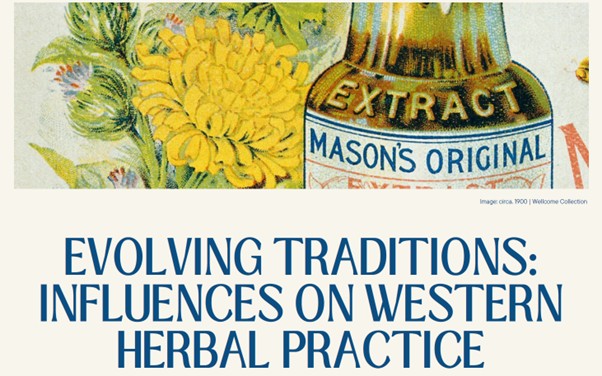
Seminars
Seminars have been a key way to reach out to existing and new researchers. There have been 10 seminars since the group’s foundation in 2009. Different perspectives have been platformed in each case — starting with appraising methods and sources in the first seminar in 2010, exploring the relationship with pharmacology in 2011, outlining the association with gardens in 2013, uncovering illustration as a means of identification at Kew in 2014 and considering the role of herbs and herbal medicine in trade routes at Wellcome in 2015. In 2017, we focused on the preservation of herbs at the Birmingham Botanic Garden, and in Bath in 2019, our last in-person seminar before the pandemic, we explored botanical knowledge and discovery.
COVID gave us the opportunity of conducting our seminars online, increasing the group’s global reach and the first of these discussed the theme of cough and lung disease in 2021 featuring Anne Van Arsdall, Valerie Thomas and Frances Watkins (Treasurer of the HHRN). In 2022 we observed the transition of herbal medicine cultures with a range of speakers including Diana Luft, Julian Barker, Siobhán Barrett and Professor Toine Pieters. And most recently, we explored Evolving Traditions: Influences on Western Herbal Practice in 2025 (See Figure 3) with an array of speakers from diverse disciplines and our best ever event with over 133 attendees.
Workshops
We have previously also offered small study groups or practical workshops for up to 30 delegates. The last one was held in London in 2019 with Joe Nasr, founder of Avicenna. He discussed distilled and spiritous waters in early Arabic medicine following Avicenna’s 10th century innovation of the ‘worm’ to advance the development of distillation. On the same day Christina Stapley discussed considerations for interpreting stillroom recipes and comparisons made between distilling practice by the apothecary versus methods followed in stillrooms. Details of past events can be found on the HHRN website.
Working groups
Following on from the online seminar in May 2021 Anne Van Arsdall and Frances Watkins discussed how best we could collaborate and explore the tacit knowledge required for making herbal remedies and this developed into them participating in a Decoding Remedies workshop at Sheffield University in October 2023. This resulted in a paper titled: Tacit knowledge behind the words in early medical texts: A collaboration to decode the remedies, which has been accepted for a forthcoming publication. The paper discusses several remedies from Harley MS 585.
Resources
In addition to publishing blog posts and creating seminars, the HHRN maintains a resource list on the website providing a handy guide to herbal history. Communication between academics, herbal practitioners and students of herbal medicine is encouraged through our Hist-Herb-Med JiscMail. It is an invaluable resource for locating knowledge of manuscripts, historical uses of medicinal plants, plant names (always a hot topic) and of course, the art and skill of making and taking herbal medicines.
If you are actively involved in research, please consider joining the HHRN mailing list. Join to be part of sharing the dialogues helping researchers better understand the enormous variety of skills we have as herbal practitioners and makers of herbal medicines — using traditional skills and knowledge passed down from our teachers.
The HHRN bulletin is emailed after each new blog post is published on the website and includes news of forthcoming seminars and herbal history events. Currently, we have over 700 subscribers and moving forward, we would be delighted to hear from anyone interested in working with the team to edit future blogs and/or write the bulletins which are published 4–6 times per year.
Following on from the Decoding Remedies workshop, a Heritage Remedies Working Group was established by HHRN, and we’d like to hear from you if you would like to be involved. Our aim is to support herbal practitioners willing to share their tacit knowledge in collaborating with historians and philologists as to what is meant by the terse instructions often found in medical manuscripts describing recipes and remedies.
The future of the HHRN
In addition to the blog posts, seminars and workshops planned in the future, the group aims to become a hub for herbal history research. With a growing social media presence (Instagram, X and Facebook) it is hoped that we will garner more attention nationally and internationally. A recent appearance at the Power of Plants festival organised by the National Institute for Medical Herbalists (NIMH) generated a considerable amount of interest.
To join our network, please visit the contact us page on our website

